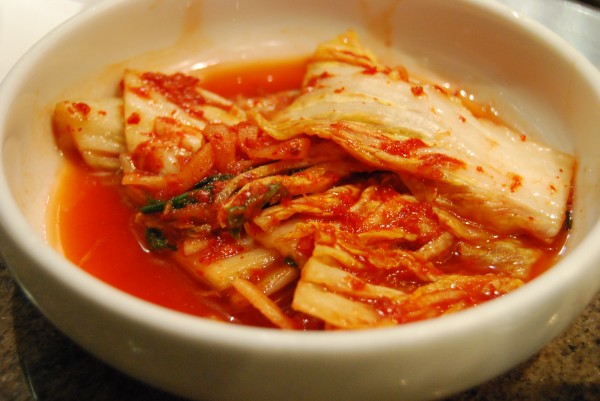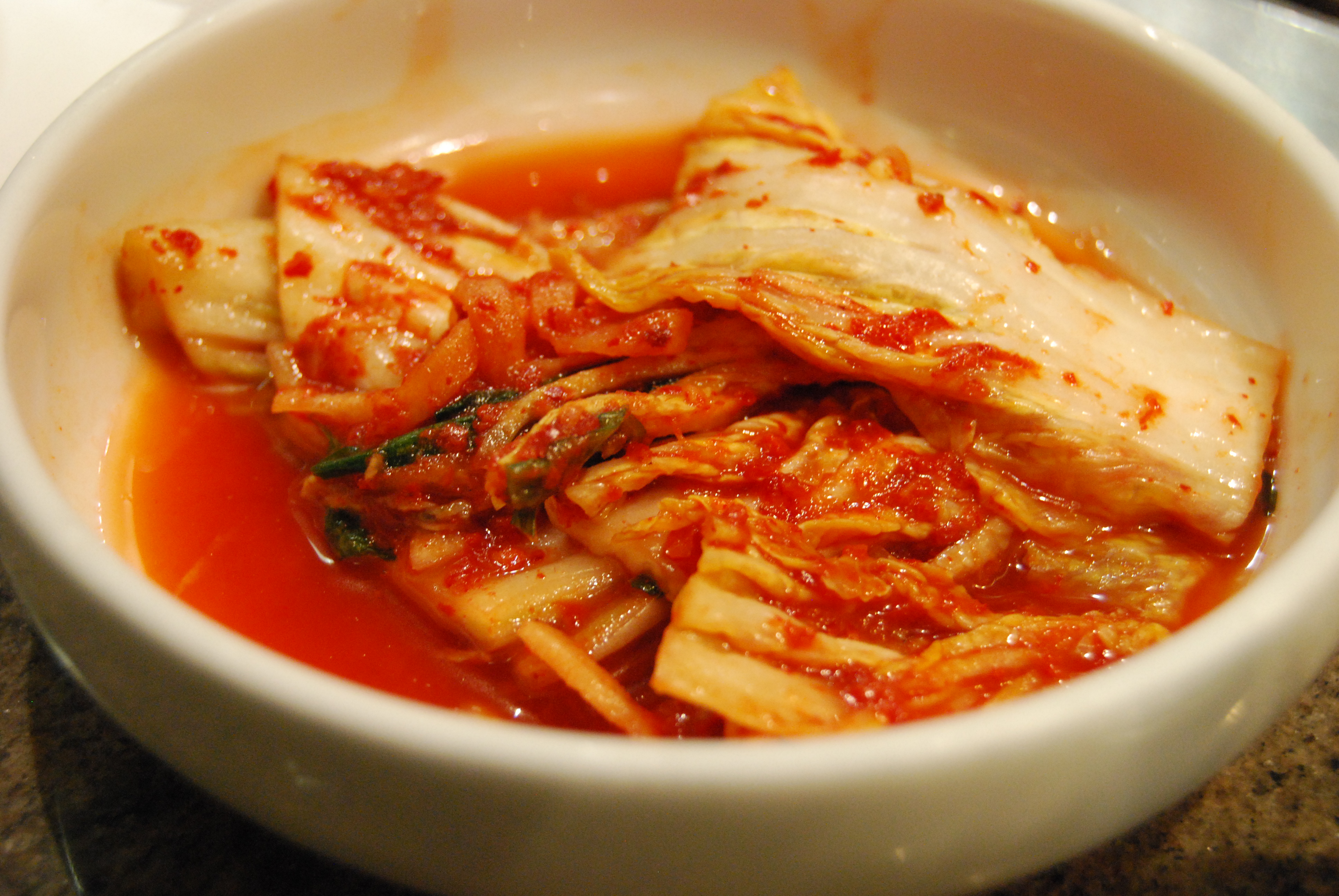
[Editor’s note: There is some change in thinking about kimchi that it might actually be good for you]
Buried in the news last week that the World Health Organization put cell phones on the list of carcinogens were articles talking about how pickled vegetables and coffee were also on the list of items that cause cancer. Slate was one site that picked up on this and realized that put certain groups, specifically Asians, at greater risk for cancer than others. Most Asians eat more vegetables than other ethnicities, generally considered to prevent cancer, but the problem is that in some sub-groups, like Koreans and Japanese, many of these vegetables are pickled. From the Slate article:
Doctors have repeatedly attempted to substantiate the connection between pickled vegetables and cancer through clinical studies, with mixed results. But, taken as a whole, there does seem to be an association. A 2009 review of the existing studies conducted across Asia concluded that regularly eating pickled vegetables roughly doubles a person’s risk for esophageal squamous cell carcinoma.
If you’re curious what it is about pickled vegetables that causes cancer, an explanation from the Slate article, after the jump.
When Chinese hospitals started systematically tracking cancer incidence 50 years ago, they found that certain regions suffered from startlingly high rates of esophageal squamous cell carcinoma, a cancer of the cells lining the esophagus. Epidemiologists observed that people in these areas relied on fermented vegetables for nutrients for long parts of the year, when fresh veggies weren’t available. Researchers now think the culprit is the fungi responsible for the fermentation process. As part of their natural life cycle, the microorganisms release a variety of possible carcinogens.
If you happen to be a happy consumer of commercial pickles, you may be thinking you’re also at higher risk of cancer, but it turns out there’s a difference between making your own kimchi and the way big conglomerates make dill pickles. The process of pickling for example in Chinese culture involves covering vegetables in saltwater and letting the process proceed naturally, causing “microbes that digest the food’s sugars, and the microbes release acid, alcohol, and other flavor-enhancing compounds—as well as, apparently, some carcinogens”. But large corporations typically use pasteurized vinegar, preventing fermentation that occurs in do-it-yourself pickling. That’s not to say regular pickles aren’t carcinogenic, we just don’t know enough at this point, as there’s not enough of a population that consumes large amounts of dill pickles to compare their cancer rates with a control group.
The news about pickles certainly got me wondering about my own family, as both my parents passed away from cancer, and I have to wonder how much our consumption of pickled vegetables contributed to their cancer. My father was a fan of kimchi, consuming large amounts every day for most of his life. My mom didn’t have as much pickled vegetables in her intake as my dad, but it certainly was part of her daily diet as well.
So for those of you that love kimchi, tsukemono or Tiānjīn dōngcài; you may want to start moderating your intake of pickled vegetables.







